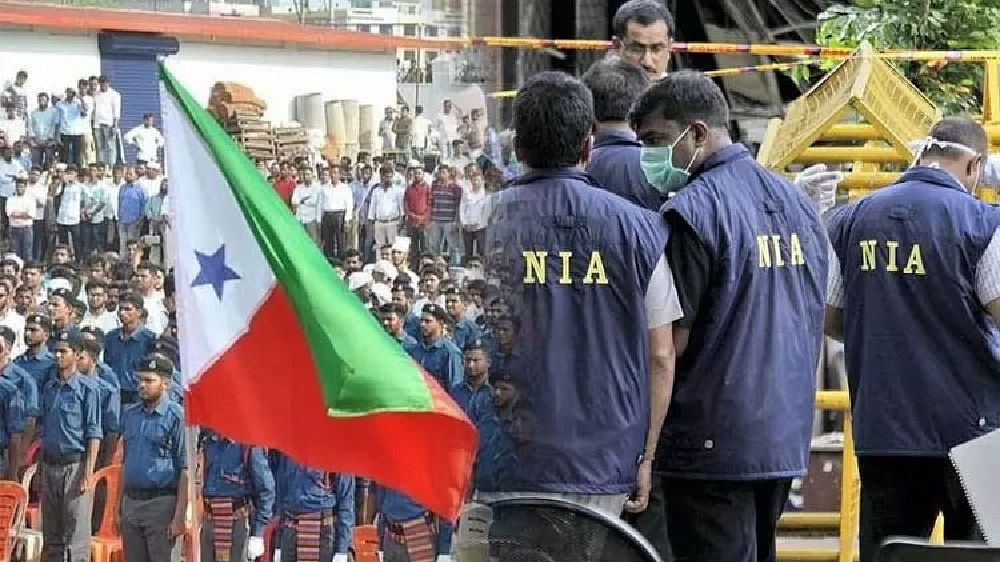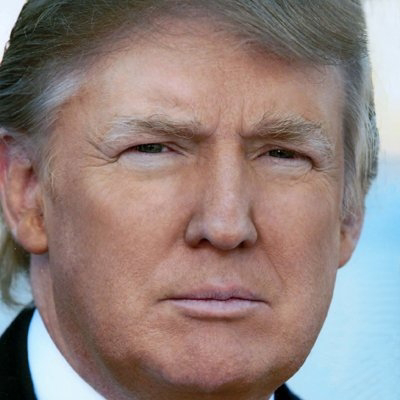The ban on the Popular Front of India
Daily Thanthi
These organisations have been banned under Section 3 of the Unlawful Activities (Prevention) Act (UAPA), declaring them as ‘unlawful’. The ban came after a nationwide and multi-agency crackdown on the PFI.
More than 300 leaders of the organization were arrested from 11 states and union territories, with the accounts of the organizati on's communication channels banned, and sentenced to life imprisonment under section 10 of the UAPA.
IUML claimed to work under the protection of Indian Muslims, and where it is a social organization, this organization has been opposing Hindu organizations, and this organization is considered to be a staunch opponent of RSS, Kerala to oppose Rashtriya Swayamsevak Sangh The Islamic Sevak Sangh (ISS) was formed in .
Security agencies were keeping a very close watch on them, if they tried to plot against India, strict action was taken against them, and PFI was banned. This could have proved very fatal for India.
PFI was born in Kerala with some developments, its roots can be seen in 1947 when India became independent, after the partition of India and Pakistan All India Muslim League Indian Union Muslim League IUML and Pakistan Muslim League also split Done.
Claiming to do welfare of Muslims, IMUL said, this organization has been formed to oppose Rashtriya Swayamsevak Sangh. And to oppose the RSS, the Islamic Sevak Sangh was formed.
Days were passing by, kar sevaks marched on Babri Masjid in 1992 and demolished Babri Masjid. And during this time Islamic Sevak Sangh (ISS) was found in activities against the name and deep connection with Pakistan's intelligence agency Inter Services Intelligence (ISI), soon after that Islamic Sevak sangh (ISS) was banned in 1992.
the ban’s impact was short-lived as it paved the way for the establishment of the (NDF) in 1994, which worked with a plan of Da’wa propagating Islam to other communities as well through organisations like Sathyasarini or Markazul Hidaya Edu and Charitable Trust in Kerala.
In 2006, the PFI emerged as the political front of the NDF, with it holding several meetings to formulate an agenda of welfare programs for the marginalized sections of society.
In 2013, the Popular Front of India interacted closely with members of the Student Islamic Movement of India (SIMI) and set up a terror training camp in Coonoor district, after a crackdown in 2016 indicted around 21 PFI activists.
Through its propaganda, the organisation has been strategically attacking the very social fabric of India, exploiting and manipulating the sentiments of vulnerable communities like Dalits or orphans to undermine the concept of democracy and the Indian constitution.
the Assam government has flagged the PFI’s scholarship programme,, with programmes like ‘School Chalo’ and ‘Sarva Siksha Gram’, and ‘Adopt Student’ campaigns, PFI often mobilised the economically weaker masses and instigated them to challenge the government.
In July 2022, PFI released a document titled “India 2042- Towards Rule of Islam in India” as a counter to the Government of India document “Vision India @ 2047” .
There have been official statements alleging that PFI connections with outlawed terror org such as Jamat-ul-Mujah (JMB) and I (IS), particularly in Kerala, where some PFI activists had joined the Islamic State and participated in terrorist acts in Syria, Iraq, and Afghanis.
Many PFI cadres and cadres had joined dreaded terrorist organizations in Iraq Afghanistan.
Despite the PFI and its associated agencies being banned, its political wing, the Social Democratic Party of India (SDPI), continues to remain active. The SDPI has alleged that the ban challenges Indian democracy and constitutional rights.
When SIMI Student Islamic Movement of India was banned in 2001, many SIMI workers joined PFI, there is a possibility that banning PFI will ban the organization but their The ideology will survive.
PFI’s involvement in violence, crime, illegal , and terrorist incidents, security ag must ensure that the PFI doesn’t reappear on the scene after a few years. A long-term solu must be sought to stop the organisation’s reincarnation. Security ag can pursue two possible options.
Therefore, banning PFI under the UAPA is only the first step and must be followed by an amendment of the Societies Registration Act 1860, which will make all the organisations accountable and keep them under scrutiny.
----------End-------------




Comments